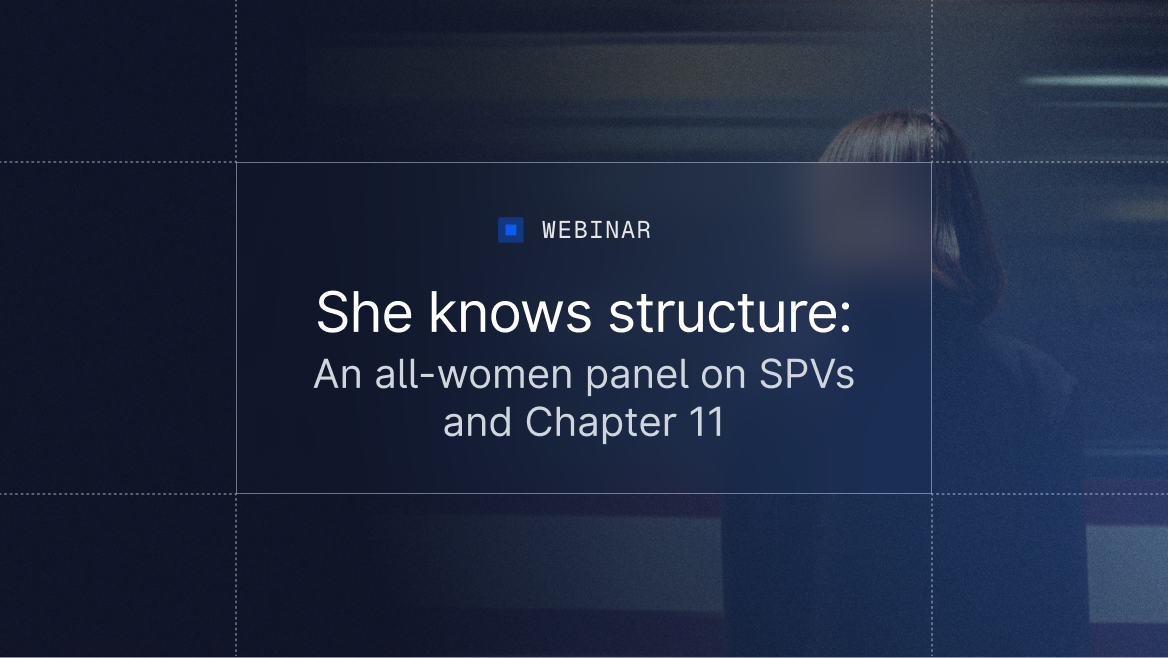News & InsightsLevFinDistressedPrivate CreditABFCLO
InsightsFrontier Communications buyout by Verizon solidifies eye-popping returns for prepetition noteholders
News & Analysis
Frontier Communications buyout by Verizon solidifies eye-popping returns for prepetition noteholders
Ayden Crosby and Swapnil Sawant19 Nov 2024 | US | 6 minute read

Related Posts
Discover more insights.
Use the previous and next buttons or keyboard arrows to navigate between slides.





